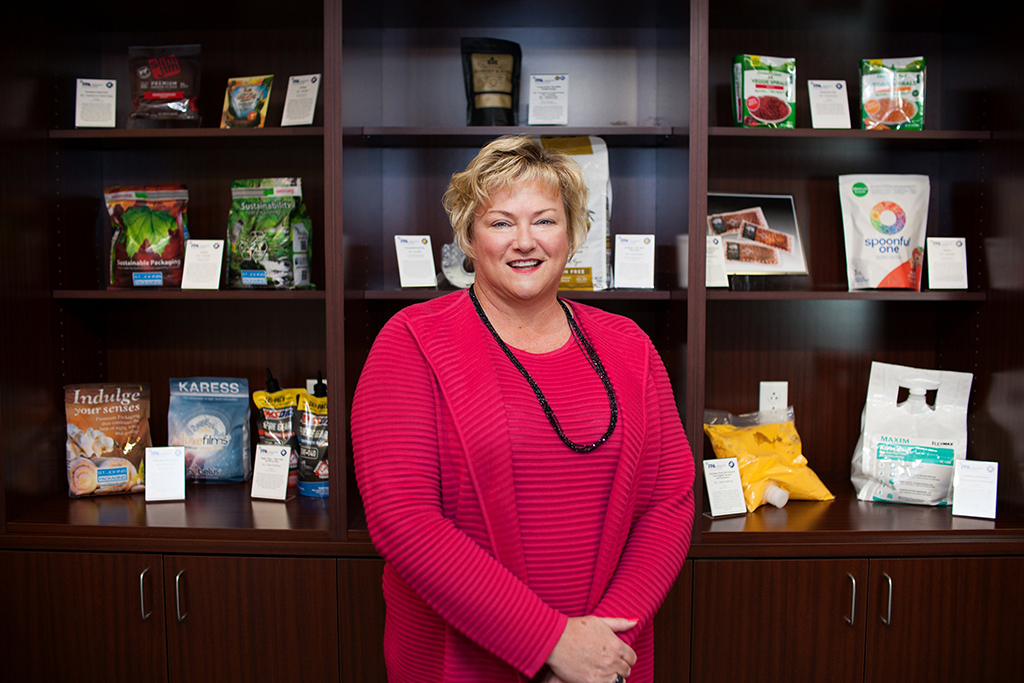Flexible Packaging Industry Offers a Great Place to Grow Careers

Workforce issues continue to impact the flexible packaging industry, as well as other manufacturing and nonmanufacturing sectors in the United States. The Federal Trade Commission (FTC) is attempting to alleviate the problem by proposing a law to ban employers from imposing noncompete clauses on their workers. FTC says eliminating the practice could increase wages by nearly $300 billion per year and expand career opportunities for about 30 million U.S. residents. The proposed ban is based on a preliminary finding that noncompetes constitute an unfair method of competition and, therefore, violate Section 5 of the Federal Trade Commission Act.
FTC recently used its Section 5 authority to ban companies from imposing onerous noncompetes on their workers. FTC ordered two of the largest U.S. glass container manufacturers to stop imposing noncompetes on their workers because they obstruct competition and impede new companies from hiring the talent needed to enter the market. In many cases, current non-compete clauses have been deemed unenforceable by state laws, so FTC’s proposal to ban them altogether appears to be the next logical step.
There are other opportunities to overcome workforce challenges, as outlined by Flexible Packaging Association (FPA) speakers at our annual meetings. During our 2021 Annual Meeting, we heard about the National Association of Manufacturers Manufacturing Institute’s programs, like Heroes MAKE America for veterans and Second Chance Hiring for parolees and ex-offenders. At our most recent Annual Meeting in March, we had a presentation on how diversity, equity, and inclusion can help build and sustain your workforce, with nontraditional employees in manufacturing such as refugees and women. Automation, digitization, and remote work all have their place in making employees’ lives safer and their work more satisfying.
FPA has dedicated resources for our members on our website, including valuable research on industry compensation and benefits, and a website that links to FPA Member Career/Employment sections of their websites. We also have the relatively new internship program created by the Emerging Leadership Council (ELC), which brings together interns from across the membership for interactive networking calls and meetings so they get to know the entire supply chain and the vast array of challenges and job opportunities in the flexible packaging industry. The student flexible packaging design challenge, which is now judged by ELC members, is part of FPA’s pipeline, as well. These efforts are all about attracting employees to our sector even before graduation.
What is working for you? FPA would love to share it and continue to build our resources in this area to help the flexible packaging industry stand out among other manufacturing sectors as the place to be. Current U.S. Census data shows we have 85,000 employees with $381,000 in economic output per worker. This is 1.8 times greater than the U.S. average. Average earnings for our industry are $83,000 per year, which is greater than the transportation and warehousing, healthcare and social assistance, and construction sectors. One flexible packaging job supports 2.6 other jobs in the economy. Let’s spread the word that this industry provides a great place to work and grow.

Flexible Packaging Association


